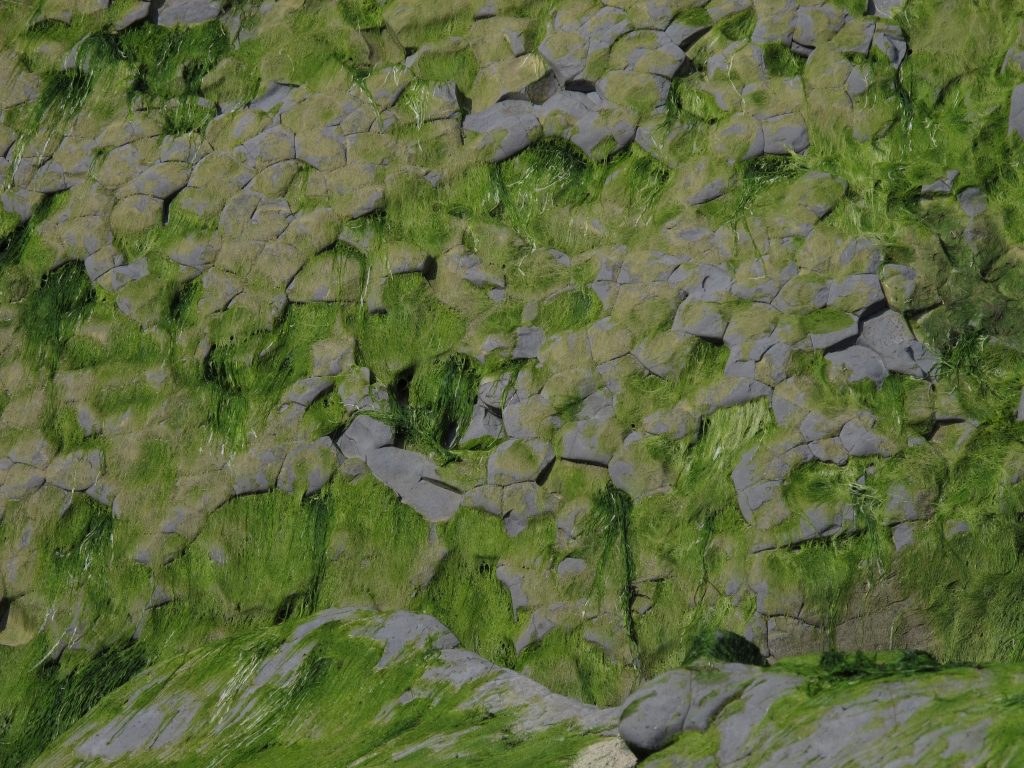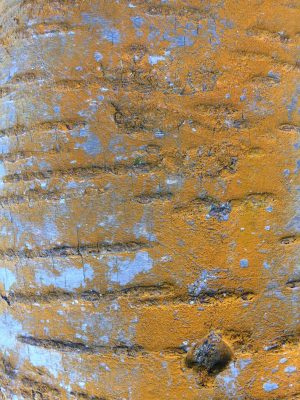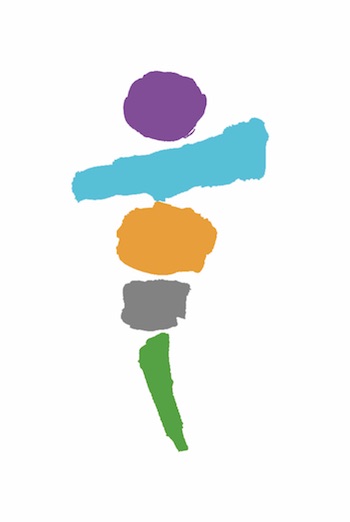Eco-psychotherapy (Rust (2020)), as I offer it, is for anyone who would like to explore working in a bigger therapeutic space with all the support that our surroundings can offer. This can be a physically engaging, sensorial and even playful way to be in an embodied therapeutic process. I call it ‘finding your wild’.
As well as being a way to work with personal process, it can bring more awareness to our relationships with the wider world and the places we inhabit. This helps us find out more about some of the questions that may linger in the background of everyday life, for example: How can I feel safe and ‘at home’? How do I belong here? How can I discover what really matters in my life?
Eco-psychotherapy offers us a direct engagement with the possibility that what might be difficult or confusing for us as individuals is often just a part of our experience of a much bigger intermingling of relationships, through which we can also find support and the wisdom to help us be.
It could, if desired, also be a way to enquire deeply into broader personal questions about your relationship with the Earth, like: How do I experience ecological crises, the climate emergency, the pandemic and the feelings that arise from them? How can I turn my desire for change into action?

What is a session like?
This work can take many forms. A session could involve taking a walk, speaking about something, putting words to an experience, spending time in one place attending to sensations, exploring movement, sounding or many other ways which we might discover together. It may start with something small or with the desire for significant change. Whatever your curiosity our journey is to follow that and find a way to explore which supports you.
It’s perhaps important to say that this approach is for anyone and you do not have to be ‘outdoorsy’ – although if you feel you are, it may particularly suit you. As we work together we will shape our sessions around our limitations, whatever they may be.
Finding your wild
The sensing body is like an open circuit that completes itself only in things, in others, in the surrounding earth.
– David Abram
Our bodies are living processes through which we are woven into the living processes all around us. So, as many of us already know intuitively, spending time ‘in nature’ can help us relax and regulate ourselves physically and emotionally.
But beyond this there’s the possibility of a therapeutic encounter. By making contact with nature we make deeper contact with ourselves and rekindle our wildness.

Our sessions are facilitated encounters with all that offers itself for attention – both human and other-than-human.
In this relationship, we can witness the challenges we each feel in being just as we are. This allows us to explore the ways in which we have been domesticated by the circumstances of our lives, developing physical and perceptual habits which may inhibit our contact with ourselves, with other humans and with the other-than-human. We may learn more about the places in ourselves that we consider forbidden, the things that we need to control, and the experiences from which we must hide.
Coming into a gentle relationship with wildness allows us to cultivate more acceptance of ourselves and others, and through it a greater physical and emotional bond with the Earth and all it sustains. We can appreciate the richness and abundance in life and welcome encounters with the unexpected, finding delight in spontaneity and celebrating the vitality of being human. It can also help us develop a deeper sense of what really matters to us. With this often comes a care for the places that sustain us, with which our growth is entwined.
Some practical information can be found here.
Please contact me to arrange an initial meeting.
Pardon me, if when I want
to tell the story of my life
it’s the land I talk about.
This is the land.
It grows in your blood
and you grow.
If it dies in your blood
you die out.– Pablo Neruda, Still Another Day VI
References and further reading:
Rust, Mary-Jayne (2020) Towards an Ecopsychotherapy, Woodbridge: Confer Books.
Totton, Nick (2011) Wild Therapy: undomesticating our inner and outer worlds, Monmouth: PCCS.
Totton, Nick (2021) Wild Therapy: Rewilding our inner and outer worlds second edition, Monmouth: PCCS.
